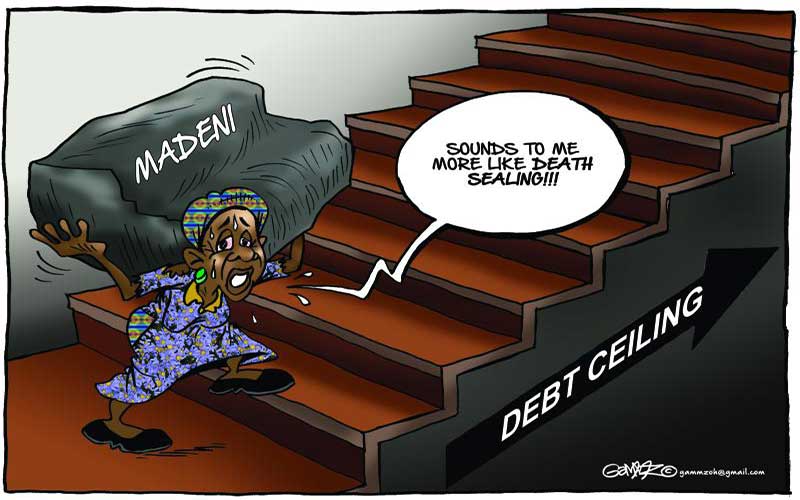×
The Standard e-Paper
Kenya’s Boldest Voice

I am concerned by how Kenya’s debt issue is being handled. The country is slowly, but surely getting into a deep financial hole with the debts we have been accumulating during the last few years.